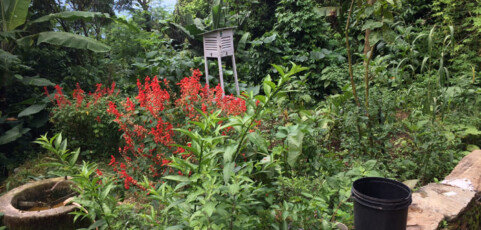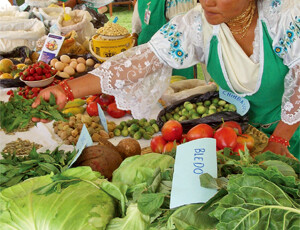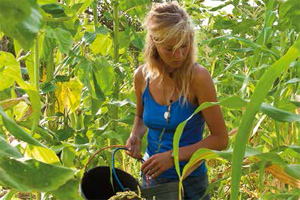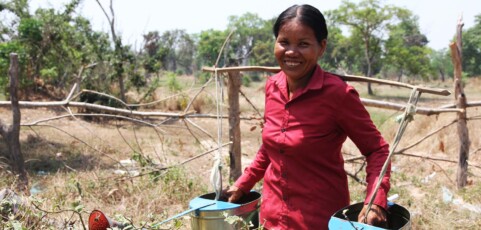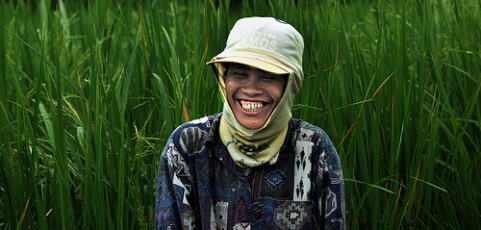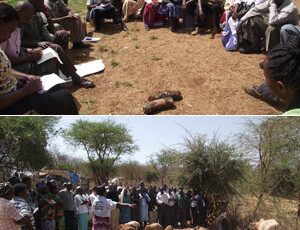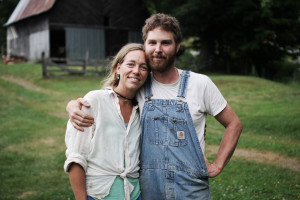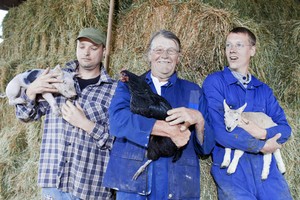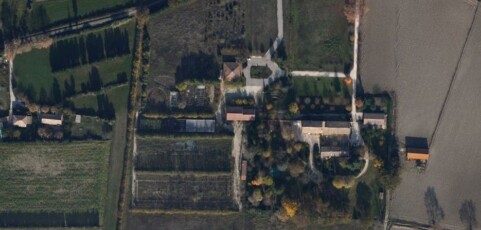From a situation of widespread undernutrition, consuming fresh vegetables all year round has now become a reality for many Nepali households thanks to their expanding home gardens. But the stories they tell show that the benefits of home gardens are not limited to improving household nutrition. The gardens also help to empower women and conserve biodiversity, two much needed conditions for better family and community nutrition on a broader scale.
Linking family nutrition in city and country
Ecuador is going through a substantial nutritional transition. This, coupled with the paradox that rural families that produce food are often those most affected by undernutrition, shows the ironies of ‘modern’ food systems. It also highlights the importance of rural-urban linkages around family nutrition which can help to address such contradictions. This is what we see among families living in two rural villages, San Francisco Alto and Ambuqui, in the north of Ecuador, who through various strategies have managed to achieve healthy, diversified and nutritious diets.
Turning vicious circles into virtuous cycles
We have read about poverty, vulnerability and resilience of family farming. The articles in this issue of Farming Matters have shown that there is an urgent need for a change in mindset regarding family farming, agriculture and food systems. And resilience must be the central concept in this new thinking.
Climate Resilience Sustainable Agriculture Experiences
This document summarises case studies from ten countries through ActionAid’s approach to climate resilient sustainable agriculture, which incorporates agroecology in a human rights framework. Based on these experiences ActionAid recommends to increase investment in agroecology, as part of a comprehensive human rights based approach: Read more
Locally rooted: ideas and iniatives from the field
Family farmers and the many ways in which they contribute to food security, healthy landscapes and thriving rural communities can be supported in a number of ways. These are some initiatives from around the world.
Agro-ecology: beyond food
Some may view indigenous communities as being conservative and backwards. However, the Kabekwa in Costa Rica show that such communities can be adaptable and innovative. Read more
When family farmers lead their own development
Steven Kiranga Gichanga is a family farmer in Mugaari, a village in Kenya. He was trained in goat rearing but could not afford a goat to get started. He was also trained in bee keeping but could not afford a bee hive either. After a community reflection Read more
Farmers in Focus: Advocate for sovereign seed systems
Holly Whitesides and her husband are trying to go “against the grain” of industrial agriculture in the United States. They use their family farm and their work on saving seed to convince other farmers and groups of the importance of a sovereign seed stock.
Ten qualities of family farming
Even in the International Year of Family Farming there is confusion about family farming. What is it, and what distinguishes it from entrepreneurial farming or family agribusiness? Read more
La Durette, a pilot agroecological farm
La Durette is a pilot farm in agroecology located in Avignon, France. Its aim is to set up innovative mediterranean agricultural systems, mixing crops under agroforestry in various designs – mainly fruits and vegetables, and integrating animals into the systems.

